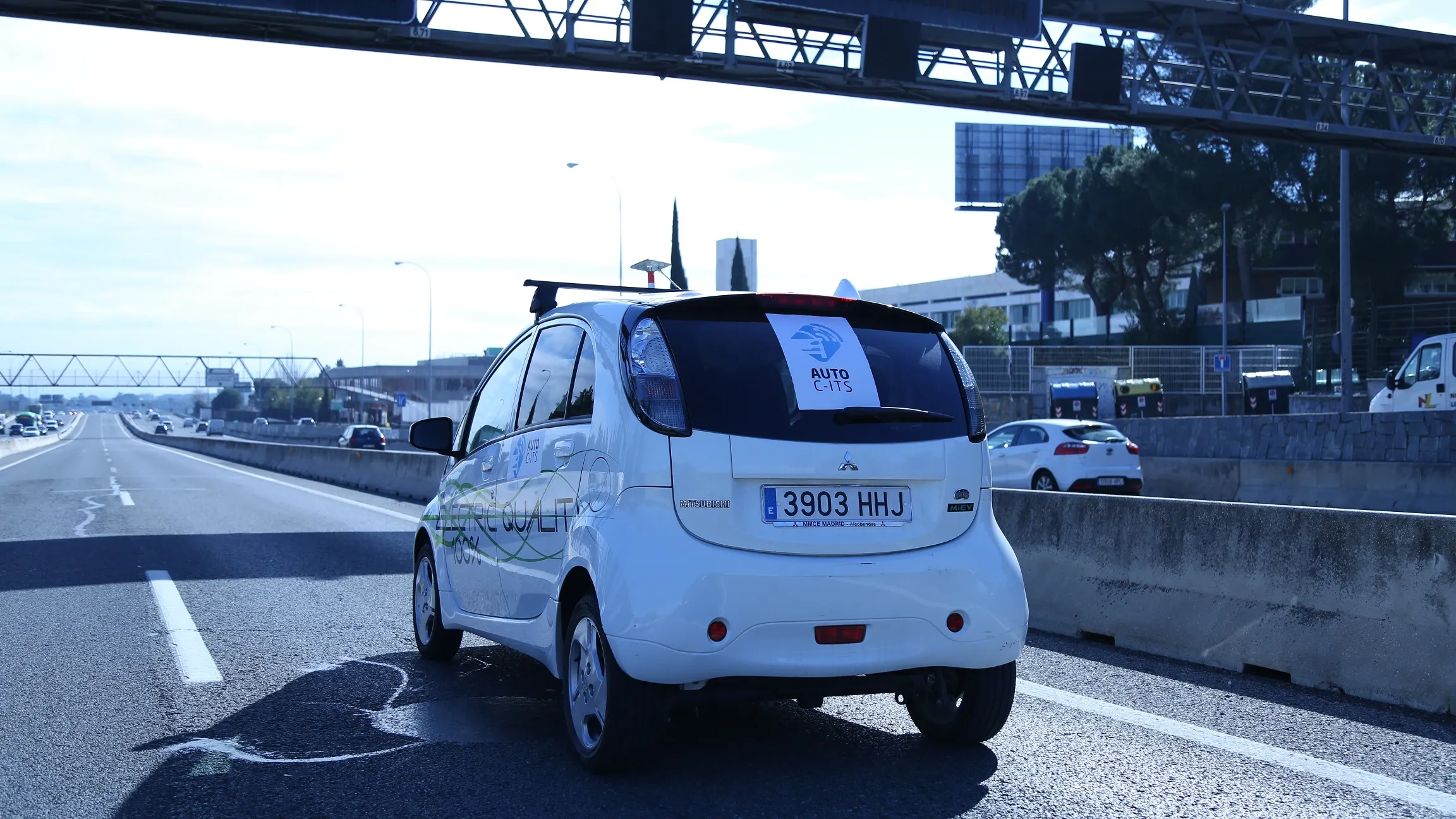The UK government has launched a major consultation to help pave the way for automated cars to be used on British roads, with all drivers invited to have their say.
Under the proposed measures, rules will be changed so automated vehicles can be insured for use on the roads.
In addition, the Highway Code and regulations are to be altered so advanced driver assistance systems that change lanes on the motorway and park the vehicle by remote control can be used safely.
Separately, the government will n
July 18, 2016
Read time: 2 mins
The UK government has launched a major consultation to help pave the way for automated cars to be used on British roads, with all drivers invited to have their say.
Under the proposed measures, rules will be changed so automated vehicles can be insured for use on the roads.
In addition, the Highway Code and regulations are to be altered so advanced driver assistance systems that change lanes on the motorway and park the vehicle by remote control can be used safely.
Separately, the government will next month launch a competition for a further US$39.7 million (£30 million) from the Intelligent Mobility Fund, for research and development of innovative connected and autonomous vehicle technologies.
This builds on the first US$26.5 million (£20 million) awarded to a number of projects in February and ensures the UK is able to take advantage of the latest technological developments in driverless cars research. An additional US$25 million (£19 million) fund is also paving the way for driverless car projects in Greenwich, Bristol, and a joint project in Milton Keynes and Coventry.
Cars with advanced driver assistance features, like remote control parking and motorway assist, are expected to be on sale in Britain in the next two to four years with automated and driverless vehicles expected on the roads any time from the mid-2020s onwards.
Under the proposed measures, rules will be changed so automated vehicles can be insured for use on the roads.
In addition, the Highway Code and regulations are to be altered so advanced driver assistance systems that change lanes on the motorway and park the vehicle by remote control can be used safely.
Separately, the government will next month launch a competition for a further US$39.7 million (£30 million) from the Intelligent Mobility Fund, for research and development of innovative connected and autonomous vehicle technologies.
This builds on the first US$26.5 million (£20 million) awarded to a number of projects in February and ensures the UK is able to take advantage of the latest technological developments in driverless cars research. An additional US$25 million (£19 million) fund is also paving the way for driverless car projects in Greenwich, Bristol, and a joint project in Milton Keynes and Coventry.
Cars with advanced driver assistance features, like remote control parking and motorway assist, are expected to be on sale in Britain in the next two to four years with automated and driverless vehicles expected on the roads any time from the mid-2020s onwards.









